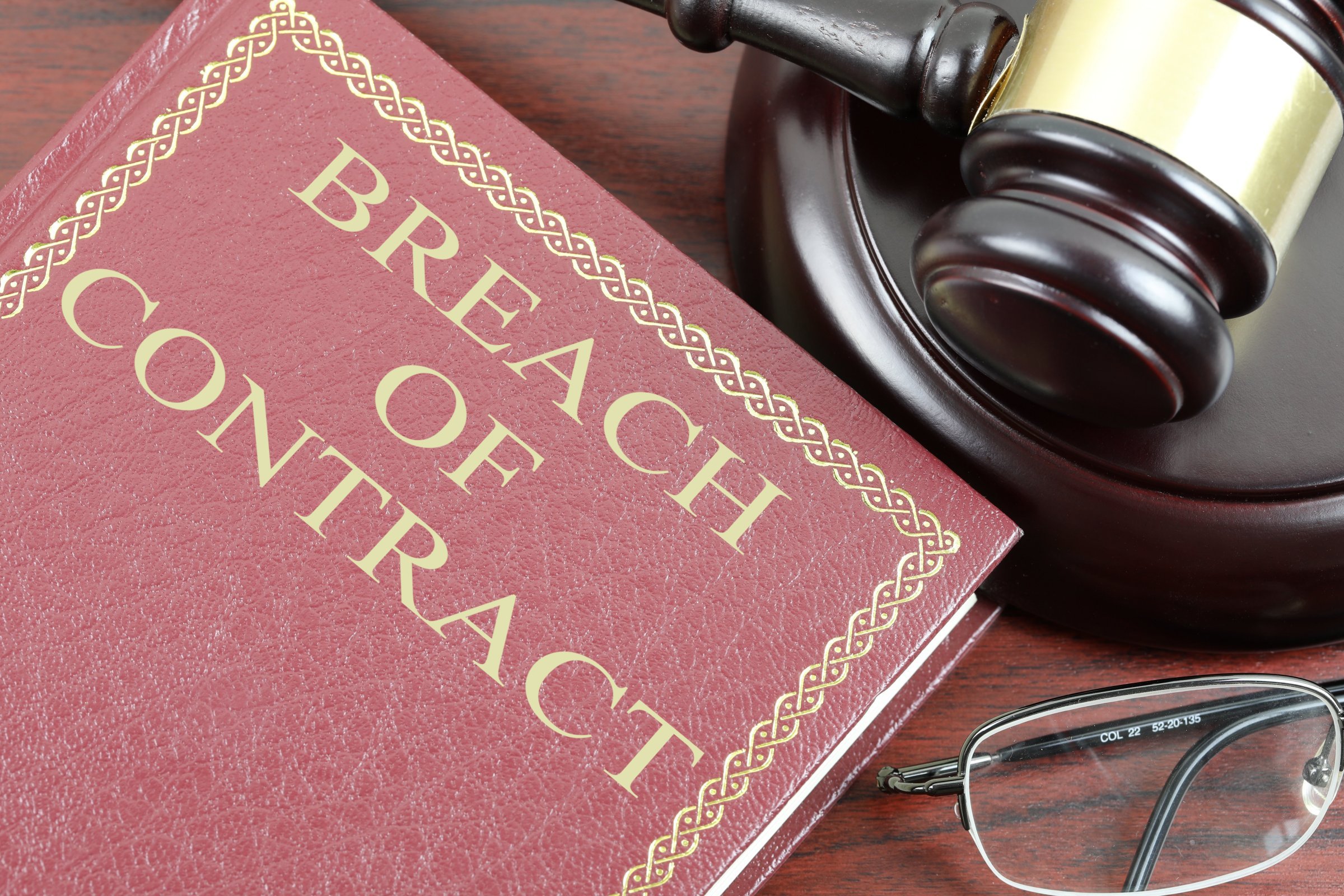Important considerations to keep in mind when dealing with a breach of contract claim and potential damages. Find expert legal advice, review contractual obligations, and explore negotiation options for a timely resolution
Introduction
Facing a breach of contract claim can be challenging, but there are several safeguards one should consider to protect their interests. This article highlights key considerations that can help you navigate this situation effectively. From reviewing the contract and examining the alleged breach to seeking legal advice and exploring negotiation options, following these guidelines can minimize potential damages and maintain a healthy business relationship.
- Review the contract: Before taking any action, it is crucial to thoroughly review the contract and understand the obligations, rights, and responsibilities of each party. Pay close attention to the terms and conditions concerning the alleged violation to ensure it has indeed taken place.
- Analyze the alleged breach: Determining the nature and extent of the breach is essential in understanding the potential liability and choosing the appropriate course of action. Assess whether the breach is a minor or material one, and check if the contract defines what constitutes a material breach.
- Mitigate damages: If you are accused of breaching the contract, take immediate steps to mitigate or minimize any potential damages or losses suffered by the other party. Demonstrating a proactive approach can present a more favorable stance on your behalf.
- Seek legal advice: Engage a qualified legal expert with experience in contract law to guide you through the process. They can offer insight into the best course of action, assess potential defenses or counterclaims, and help navigate the legal process effectively.
- Create documentary evidence: In order to substantiate your case, it is important to gather and preserve relevant evidence supporting your defense, position, and contentions. This may include correspondence, agreements, invoices, receipts, or any other documents pertinent to your case.
- Review the amount of damages sought: Carefully evaluate the amount of damages claimed by the aggrieved party. Assess if the amount is reasonable and proportionate to the actual harm suffered. If the damages appear excessive or unreasonable, this may be grounds for negotiation, denial, or a defense strategy.
- Try to negotiate or settle amicably: Consider exploring the possibility of resolving the dispute through negotiation or settlement discussions. This approach can save time and money for both parties and maintain a better business relationship in the long run.
- Follow procedural requirements: Adhere to procedural requirements specified in the contract, such as providing notice of the breach or filing necessary documents within the stipulated timeframe. Failure to comply with these requirements could negatively impact your defense.
Conclusion
While this article provides general guidelines, it is advisable to consult with a legal professional to understand the specific laws and regulations applicable to your jurisdiction and situation. By following these safeguards, you can better protect your interests and navigate a breach of contract claim successfully.


